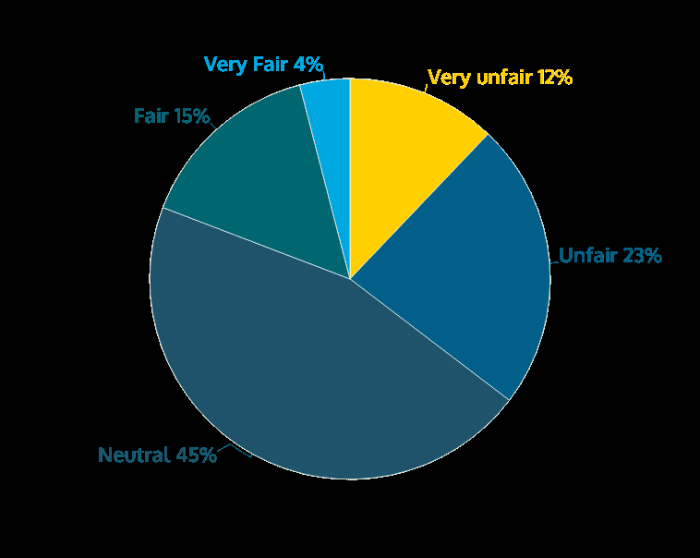The integrity of casino games has been a polemic topic since their creation. In the US, twenty-four states and 251 tribal governments invest over $1.4 billion annually to regulate the casino gaming industry, demonstrating a proven track record of careful and effective oversight across all forms of gaming, including traditional casino games, sports betting, and emerging games.
Casinos understand that their license to operate is a privilege, not a right. Which better way to give it back to the audience than ensuring their safety while playing? That’s why most of them employ several strategies to guarantee honest gaming, including the use of Random Number Generators (RNGs) and Pseudo-Random Number Generators (Pseudo-RNGs), as well as rigorous testing to verify Return to Player (RTP) rates and game reliability. Here are some insights on how casino audits work and how reliable they are.
Understanding RNG and Pseudo-RNG
For many players, casino gaming involves playing slots and video poker, making machine integrity crucial to ensure they have complete confidence in its fairness. According to a research by KTO casino, the iGaming industry target audience are iGamers around 39.2 years, with over 50% aged between 25 and 40. Historically, these players are engaged in recommendations from trustworthy friends and family and are usually careful about their data, meaning they won’t engage in activities from unreliable sources or ones they find unfair.
Before any gaming machine is added on a casino or online casino, it undergoes extensive testing by independent, third-party labs unaffiliated with casinos or machine manufacturers and overseen by gaming regulators, including RNG and RTP tests.
Random Number Generators (RNGs) are the foundation of fair gaming in both online and physical casinos. These systems generate numbers without predictable patterns, so every game outcome is entirely random and free from manipulation. In contrast, Pseudo-Random Number Generators (Pseudo-RNGs) use algorithms to produce sequences of numbers that appear random but are generated by a deterministic process.
While Pseudo-RNGs are widely used due to their efficiency, they are not entirely foolproof and can, under certain circumstances, be predicted or manipulated if the algorithm is compromised. This is the case with many casinos and influencers that claim they have special tips to help you win and make money on specific games. True RNGs are essential for ensuring the highest level of fairness and reliability in gaming. The unpredictability of RNGs means that neither the casino nor the players can influence game outcomes, fostering an environment of trust.
How is RTP Tested
Return to Player (RTP) is a critical metric in the gaming industry, representing the percentage of wagered money that a slot or casino game is expected to pay back to players over time. The RTP is initially determined by the game developers, who create the game's rules, payout structures, and probabilities for different outcomes. This theoretical RTP is a percentage that represents the average amount of money that will be returned to players over a long period.
Here's a simplified overview of the fairness testing process:
- Game Analysis: Experts study the game's rules and mechanics to understand how it should work.
- Simulation Testing: Millions of game rounds are played to gather data on payouts.
- Statistical Analysis: The results are analyzed to check if the game's payouts match the advertised RTP.
- RNG Verification: The Random Number Generator is tested to ensure outcomes are random and fair.
- Certification: Independent labs certify the game if it meets all standards.
- Ongoing Audits: Games are regularly re-tested to ensure they remain fair over time.
To ensure games are fair and deliver the advertised RTP, casinos must regularly test their RNGs and Pseudo-RNGs. Independent auditing agencies conduct these tests to verify that the systems are functioning correctly and producing genuinely random results.
Why reliability matters
Player perception of fairness is a significant factor in the success of any casino. According to a study by ENV Media, 35% of the casino audience find games and sports betting to be “very unfair” or “unfair”, while only 19% found them “very fair” or “fair”. Interestingly, 45% remained neutral, indicating a significant knowledge gap about safe and fair gambling among the audience. This unfamiliarity requires ongoing education and awareness efforts.

Public opinion in countries like Brazil often views operators as perpetuating scams and fraud, contributing to the perception of gambling as mostly unfair. Such polemics underscore the importance of transparency and robust regulatory oversight in the gaming industry and the media related to it. Players need to be assured that the games they are engaging with are reliable and that any suspicions of manipulation are thoroughly investigated and addressed.
Despite the rigorous measures in place, there are occasional controversies that raise doubts about the integrity of games. For example, the "Fortune Tiger" slot game faced scrutiny and allegations of being rigged, which led to widespread discussion about the reliability of casino games and the effectiveness of RNGs.
Ensuring honest gaming is fundamental to the casino industry's credibility and player trust. The use of RNGs and Pseudo-RNGs, coupled with rigorous testing and verification processes, forms the backbone of fair play. Overall, casinos must also address player perceptions and promptly respond to any allegations of unfair practices to maintain a trustworthy and transparent gaming environment. As the industry evolves, continuous improvements in technology and regulation will be essential to uphold the integrity of gaming.








.jpg)








How does it work?
Locate and discover worldwide casinos
Find their promotions, events and enjoy exclusive deals
Good luck!